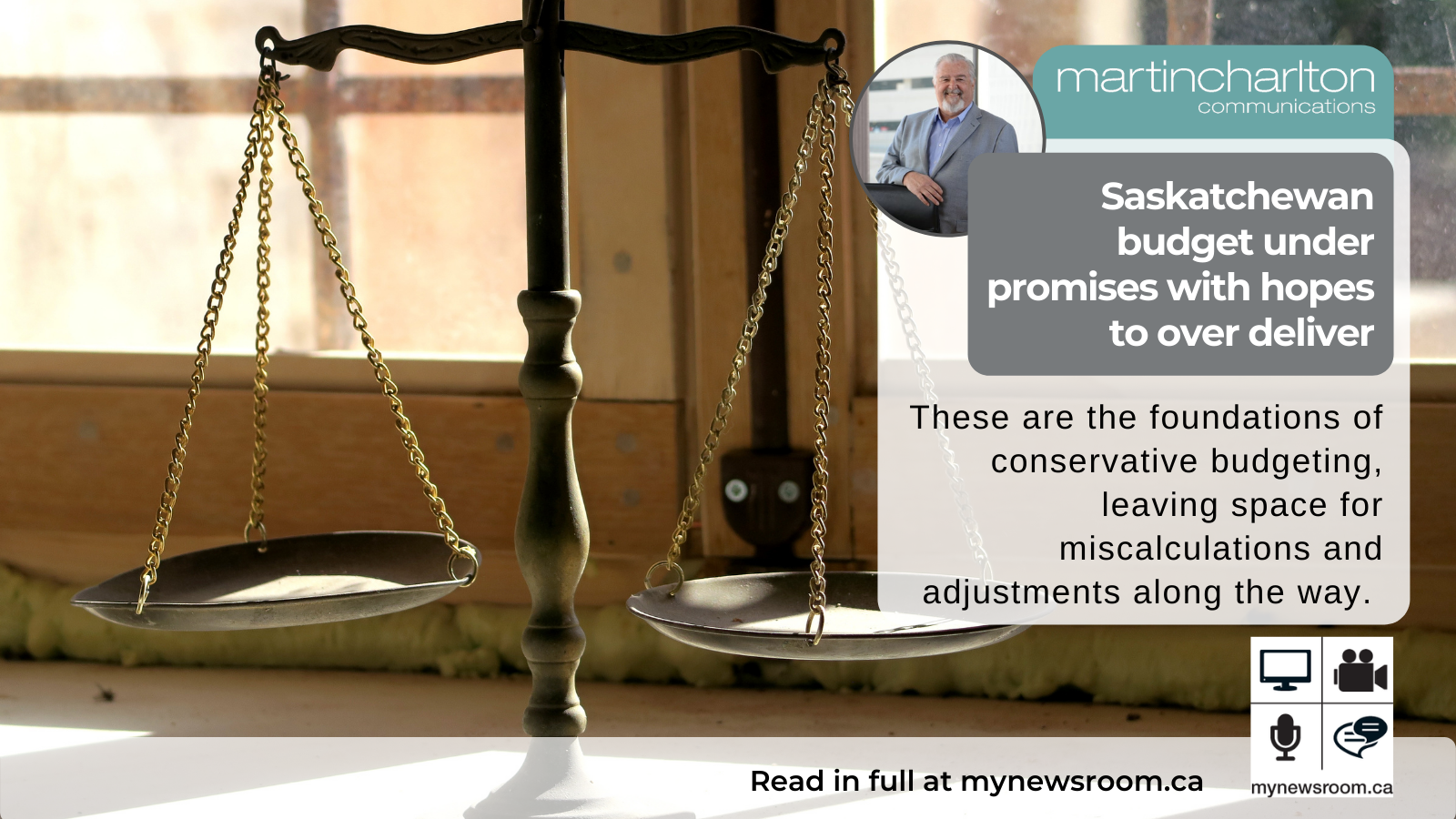When the Saskatchewan government tabled its budget, it chose to follow the principles that students in first-year accounting are taught.
That is to underestimate revenue and to over-estimate expenses. These are the foundations of conservative budgeting, leaving space for miscalculations and adjustments along the way. Basically, it is under-promising and over-delivering.
The finance department, for example, made an assumption that oil prices would average $75 a barrel over the fiscal year that starts on Friday. Clearly, that is below the figure of $100 or more a barrel that we are seeing now, a valuation pushed up by the war in Eastern Europe.
While the likelihood that oil pricing will soften over the course of the year is quite high, every day that it stays above the $75 mark provides the government with a cushion as royalties will follow suit.
On another front, the government set a targeted growth rate of 3.7 per cent for the coming year, an important metric indicating where income and sales tax revenues will go. A stronger economy tends to generate more tax.
This rate of growth is below almost all current private-sector forecasts. The consensus is more than four per cent.

